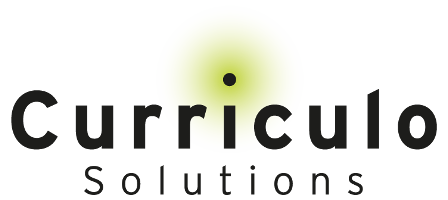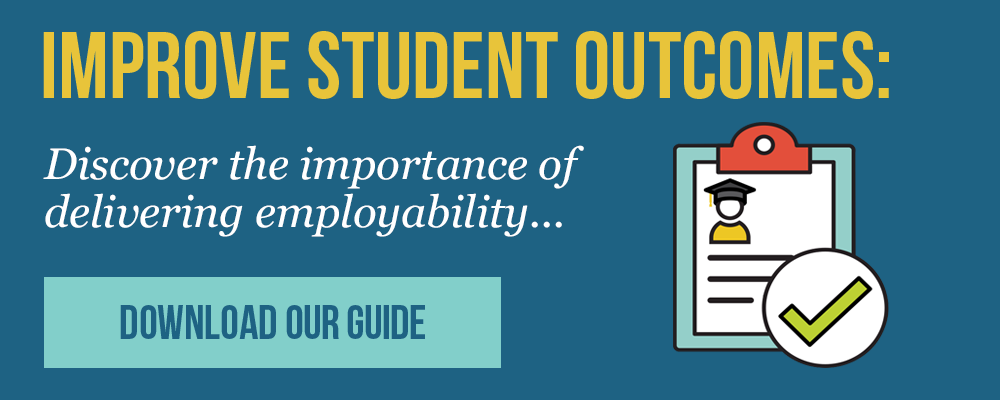
Exam preparation is an inescapable part of education. And unlike assignments, which have a definite end, exam preparation and revision may seem like never-ending exercises that you can never do enough of. Many students feel the pressure to study for as long and hard as they can, and while this is commendable, a big part of keeping it together during the exam preparation period is finding a balance between work and rest. With a few helpful hacks, you’ll not only survive but thrive during exams. We’ve put together a list of tried-and-tested tips written by veterans who have come out the other end alive.
Start exam preparation as early as possible
Last minute cramming might be a tactic you’ve deployed up until now to get through exams, but starting revision as early as possible is the most effective way of getting through all the topics you need to cover and alleviating stress levels. Start by drawing up a revision plan so that you know exactly which modules you need to cover each day. Be realistic about how long each topic will take you, and work some slack into your schedule so you don’t feel pressured to rush through anything.
Create a comfortable study environment
Once your revision plan is ready, create a space for yourself either at home, in halls or in the library to revise in. Your surroundings have a huge impact on your ability and inclination to revise, so make sure it’s well lit, well ventilated, comfortable and that you have everything you need. The night before each day of revision, set out any notes, textbooks or materials you require so that there’s no excuse for procrastination during revision time.
Find a balance between work and rest
As convenient as it would be to forsake the need for food and sleep during periods of exam preparation, you are still human and need to find a healthy rhythm of work and rest during this time. Regular breaks during a working day are crucial: your brain is most receptive during the first 40 minutes of a work stint, so consider taking short breaks frequently. How you use your breaks is also important, so resist the temptation to simply scroll through SnapChat and catch up on YouTube. A short walk or chat with a friend is more beneficial.
Exam preparation isn’t only about toil, but play too
One mistake many students make during the already stressful period of exam preparation is depriving themselves of pleasure. We’re not suggesting going on holiday two weeks before finals, but give yourself small things to look forward to throughout your work week. This could be anything from a trip to the movies, a hike with friends or simply a night in with your favourite series and takeaway. You can even punctuate study sprints with a treat like a coffee or slice of cake to keep the blood sugar and motivation levels topped up. Keeping positive and giving your mind a rest is just as vital to exam success as the work itself.
Find a work style that suits you
Every student is different when it comes to what time of day they function best at, where they work and how they retain information. It will take some trial and error, but finding a pattern that suits you will ensure you’re receiving the most value from your time spent hitting the books. You might be most alert between the hours of six and eleven a.m. or absorb more after dinner. There’s no right or wrong way; what’s important is to find what works for you. This also applies to how you revise. Flashcards might work wonders for memorising those equations, but they might not be so useful for another person trying to get their head around legal jargon. Maybe you prefer watching videos or listening to lecture recordings to revise. Check out this link for more information about what type of learner you are.
Pay attention to your lifestyle outside of revision hours
You’ve probably heard it time and time again, but cultivating a healthy and balanced lifestyle outside of studying can really affect how well you retain the information that’ll help you ace your exams. Daily exercise (even a half-hour walk will do), a veggie-rich diet and plenty of sleep all form the foundation for an exam-friendly lifestyle. Drink plenty of water or herbal tea, and try to minimise caffeine, alcohol and nicotine intake (although we would not suggest trying to give up anything just before exams)
Exams are an important stepping stone towards achieving your career goals
They might seem like pointless torture, but exams are an essential part of obtaining a degree: a qualification that will help you get ahead in your career, wherever it takes you. Another important piece of ensuring that you realise your professional goals is understanding the attributes that employers look for in job candidates. A work-readiness programme such as Curriculo’s Industry Engagement Programme (IEP) can help you identify and develop employability skills in a matter of months. The course can be completed alongside your degree, whatever your chosen subject, and at a pace that suits you.
For more information on what employers are looking for in future employees, download the guide.


